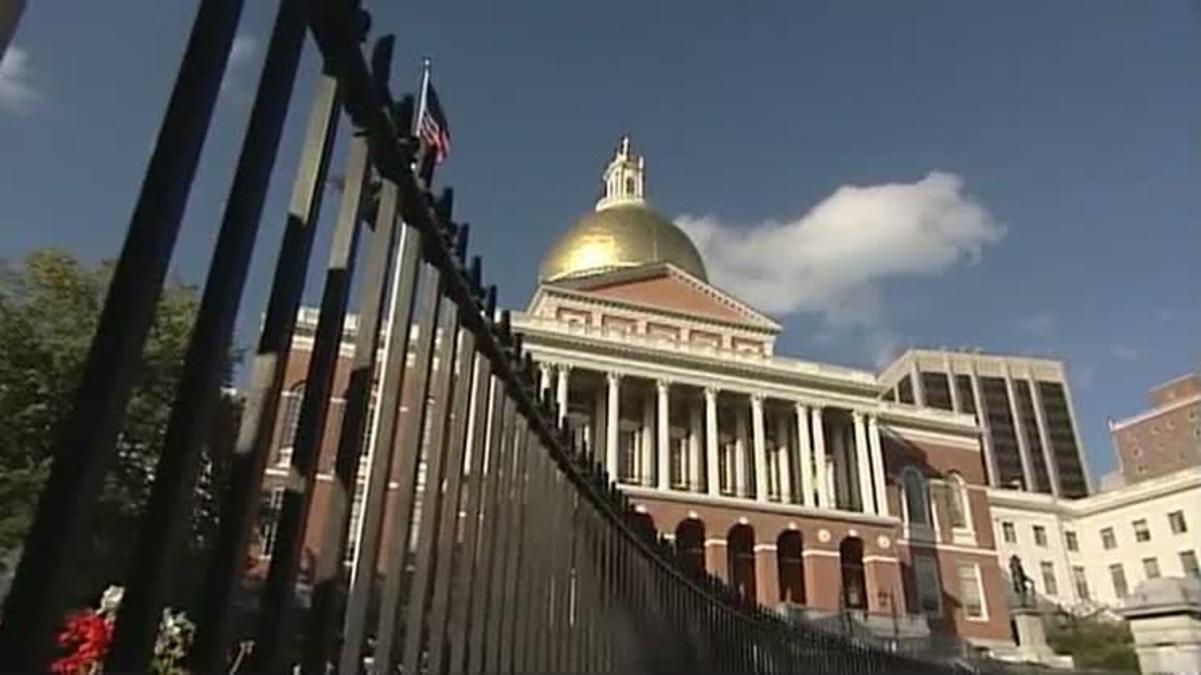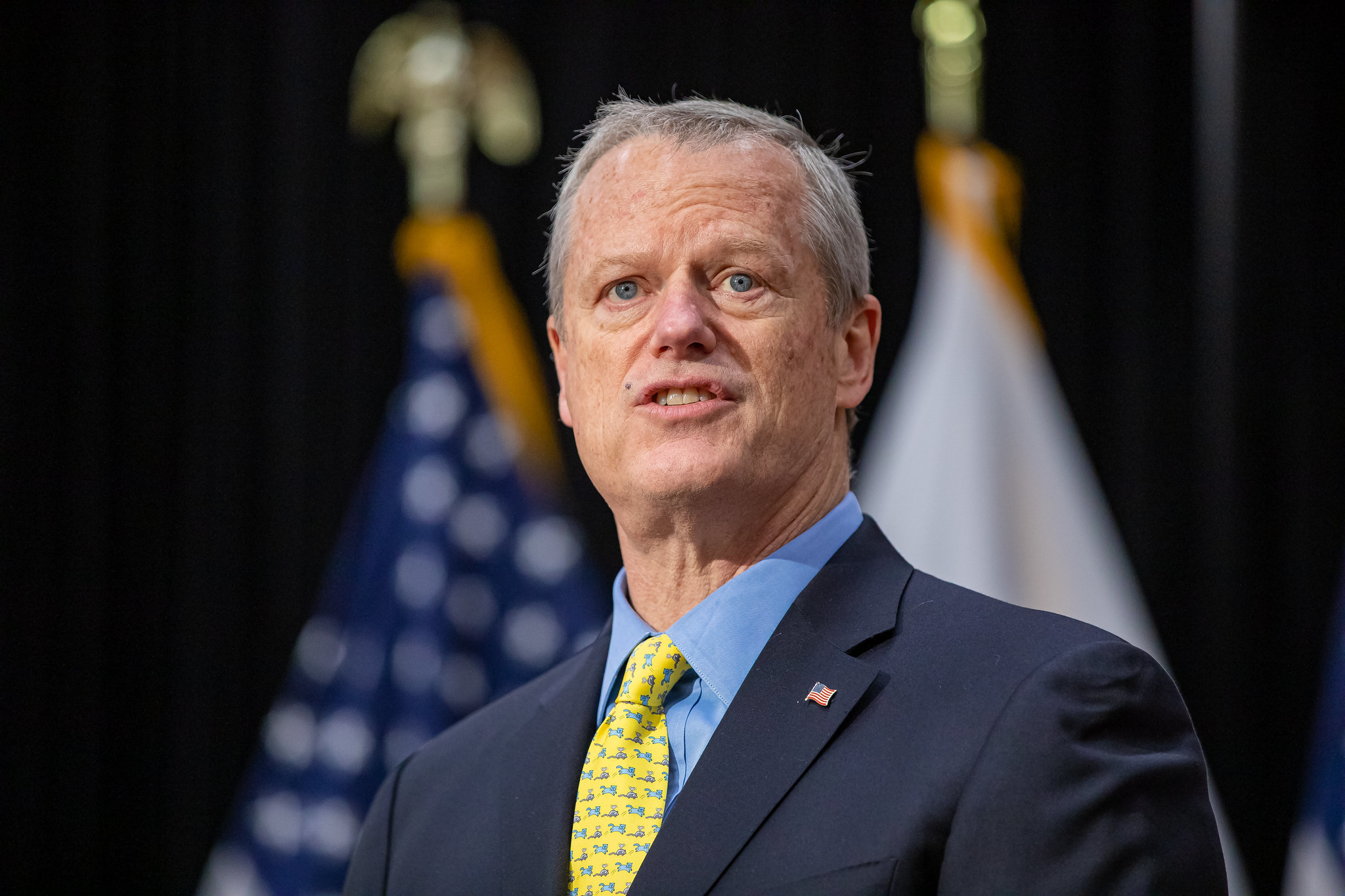Massachusetts Gov. Charlie Baker signed the great majority of the Legislature's $4 billion American Rescue Plan Act and surplus tax revenue spending bill Monday, but vetoed one policy section and sent back another with proposed amendments to trim what he previously said was "red tape" in the bill.
"The pandemic has had a significant impact on Massachusetts workers, families, communities, and businesses for nearly two years, and today's signing directs billions of dollars in relief toward those hardest hit across the Commonwealth," Baker said. "While this package falls far short of the investment I called for to address the housing shortage, the important investments included in this bill will help to accelerate Massachusetts' economic recovery and provide long-lasting benefits to infrastructure, healthcare, education systems, and small businesses."
WATCH ANYTIME FOR FREE
>Stream NBC10 Boston news for free, 24/7, wherever you are. |
The bill (H 4269) deploys $2.55 billion in ARPA money and $1.45 billion in fiscal 2021 surplus state tax revenue while preserving a little more than $2.3 billion in federal ARPA funds for future use. ARPA money must be committed by the end of 2024 and spent by the end of 2026.
The spending itself is mostly concentrated on health care ($964 million), housing ($624 million), infrastructure ($414 million), education ($389 million) and economic development ($267 million), as well as on specific workforce issues ($500 million allotments for both premium pay awards and the state's unemployment insurance system), according to the Massachusetts Taxpayers Foundation's analysis.
Get updates on what's happening in Boston to your inbox. Sign up for our >News Headlines newsletter.
Last week, Baker said that "red tape" was his administration's biggest concern, pointing to a large commission created under the bill to make recommendations to the administration on how to divvy up bonuses of between $500 and $2,000 for essential, lower-income employees who worked in-person during the COVID-19 state of emergency.
"We would rather just put a premium pay program together and get the dollars out the door to people," he said.
On Monday, Baker vetoed the section of the bill that required consultation with the commission to "allow the administration to immediately get to work on the process to distribute these funds."
He also sent the Legislature amendments that would diminish the influence of a 22-member Behavioral Health Trust Fund and Advisory Committee that was intended to make recommendations to the Legislature on the disbursement of funds aimed at addressing barriers to behavioral health care.



